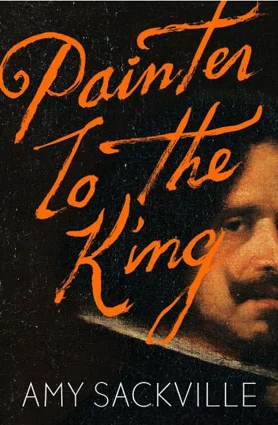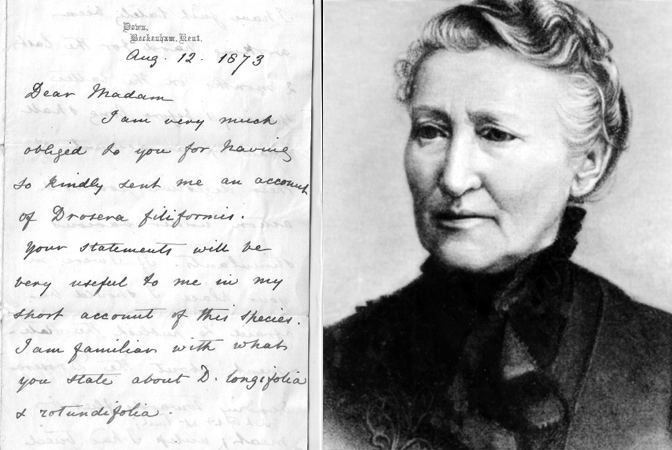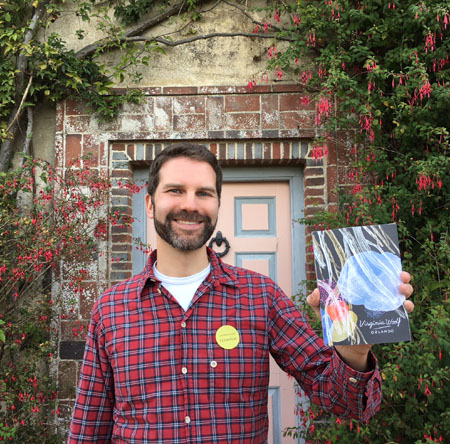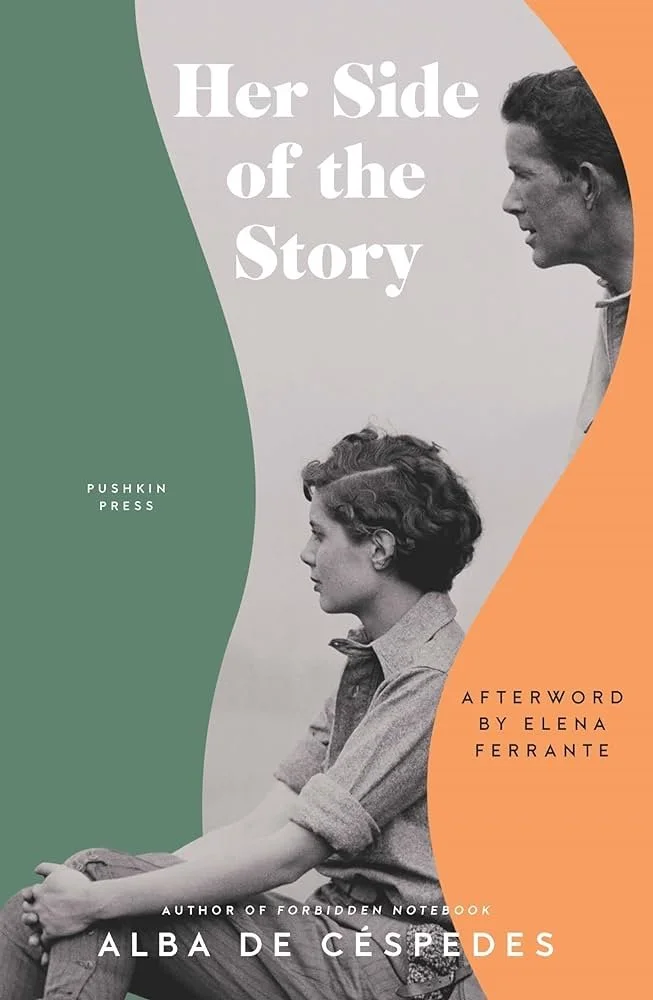When I was at university I read Tsitsi Dangarembga’s highly acclaimed 1988 novel “Nervous Conditions”. Earlier this year, the BBC named this novel as one of the top 100 books that shaped the world and it’s said that this was the first book published by a black woman from Zimbabwe in English. The story centres around Tambu, a young woman who strives to obtain an education in her post-Rhodesian society. The book explores some of the conflicts she encounters including gender inequality and racism in the educational system which is still affected by the legacy of colonialism. The author has continued to write about her character Tambu’s struggles in society in two further novels “The Book of Not” which was published in 2006 and “This Mournable Body” which was published in the US this year. That means this trilogy has been thirty years in the making! I find it fascinating how Dangarembga has spent so long living with this character, especially since the most autobiographical character in this trilogy isn’t Tambu but her cousin Nyasha whose educational background and work most closely resembles Dangarembga’s. I think the long gestation of this trilogy’s creation works to both its fault and benefit.
“This Mournable Body” takes its title from an article by Teju Cole called ‘Unmournable Bodies’ which poignantly addresses the issue of free speech and how public opinion in Western countries often chooses not to recognize the victims who speak out against their own state’s power. The novel begins with Tambu living in a precarious state of being. She’s unemployed and seeking accommodation somewhere other than the hostel which she is technically too old to still inhabit. Dangarembga narrates her account in the second person, but it remains closely aligned to Tambu’s point of view so it’s as if Tambu is viewing herself from the outside and also highly conscious that she is being scrutinized by those around her. While this style of narrative offers opportunities to uniquely examine a kind of self-consciousness in a character, I felt the novel largely failed to take advantage of opportunities to explore this complexity. Throughout the novel Tambu is primarily a very passive character observing those around her. We’re introduced to different characters and situations before quickly moving on from them. So the story touches on subjects such as misogynistic violence against women, a failing education system, mental healthcare and the continued exploitation of Zimbabwe’s black working class by Westerners. However, I found it frustrating that the novel doesn’t dramatize these issues very effectively in the story because of the style of narration. Since Tambu doesn’t actually have much contact with people there’s little sense of the distinction between how she feels about herself and how people around Tambu are perceiving her.
The sections of the book which came to life the most for me were when Tambu must interact with others in different jobs she holds, first as a teacher and later as an executive and innovator in a travel agency. Here her aspirations to find a secure place in society and her daydreams to acquire wealth and status are met with cold reality. Because attaining her desires is so difficult given her status and the state of her country, she often acts out in selfish or violent ways. It’s so interesting how Dangarembga sees this as symptomatic of how Zimbabwean women feel they must be immoral in order to wrestle back any sense of agency. She states: “Zimbabwean women, you remind yourself, know how to order things to go away. They shriek with grief and throw themselves around. They go to war. They drug patients in order to get ahead. They get on with it. If one thing doesn't turn out, Zimbabwean woman simply turns to another.”
This is such a fascinating perspective and I enjoy it when novels explore so-called “difficult” characters, but unfortunately I think the way Dangarembga told this story prevented her from realising its full potential. Very intense scenes when a woman on public transportation is attacked for dressing provocatively or when Tambu violently beats a girl are lost in murky poetic descriptions of Tambu’s emotional state. Other brief interactions with her cousin Nyasha who worries about her children receiving corporal punishment at school or Tambu’s sister who was left disabled after losing her leg during a battle only touch upon issues which really deserve their own novels. I feel that if Dangarembga has concentrated on just one period of Tambu’s life where she worked at a particular institution it would have given more space in the novel to address the full complexities involved and it would have created a more engaging story.
Author Tsitsi Dangarembga
There were certain images and scenes which I felt were really powerful. Throughout Tambu’s journey it describes how she laboriously lugs around a sack of mealie meal, a kind of cheap maize that can be used to make porridge. This is a staple food her mother gave her which she doesn’t want to eat because she desires other food, but she can’t bring herself to dispose of it. So the sack slowly rots and grows more disgusting while existing as a symbol of her family’s lower class rural life that she wants to distance herself from. Later, when Tambu returns to her village and interacts with her mother again she observes how “the patina of what your mother, with stinging distaste, labelled ‘The Englishness,’ which you acquired at the Young Ladies’ College of the Sacred Heart, at last turns into a grand advantage. How restoring it is, even as you plod toward middle age, to reap a positive outcome from the convent that, while it educated you, rendered you ‘them,’ ‘they,’ ‘the Africans.’” I felt this was such an interesting way of approaching Tambu’s conflict in identity being a Zimbabwean with a Western education. It shows how the subtleties of this struggle have continued to evolve since the first novel of Dangarembga’s trilogy. Yet these flashes of insight fell too far in between sections of the novel which plod through an over-complicated narrative style.
I was so curious about why Dangarembga chose to narrate this novel in the second person and I came across an interview she did with The Rumpus book club. In it she states: “I wrote it in the second person because that was the only way I could access the subject matter in a way that I felt made sense. I just didn’t have the heart to use the first person. I needed distance and I imagined the reader would to. On the other hand, I didn’t want to jump into the third person when the other two books were in the first. I also thought that might be too much distance. So I tried it out in the second and I liked the effect.” While it’s an intriguing experiment, I felt this style of narration confused the author’s proximity to her character and this was to the detriment of the story. If the book had been narrated in the third person it would have allowed the reader a bigger picture of Tambu’s life. Before even reading about how the author is more autobiographically aligned with Tambu’s cousin Nyasha, I felt like Dangarembga’s sympathy and sense of justice resided more with this peripheral character. I don’t think it’s a spoiler to say that Tambu ultimately finds solace living and working alongside Nyasha. It functions as a kind of homecoming where the author and her fictional counterpart can be one. This has a certain poignancy to it, but ultimately I felt this novel didn’t succeed in realising its vision and it’s extremely disappointing because I felt it had so much potential.





































